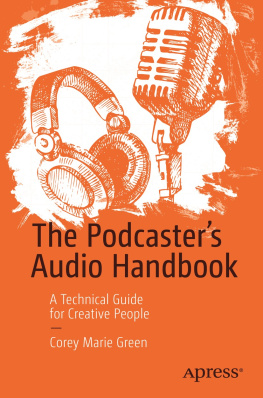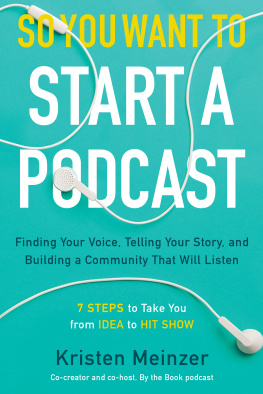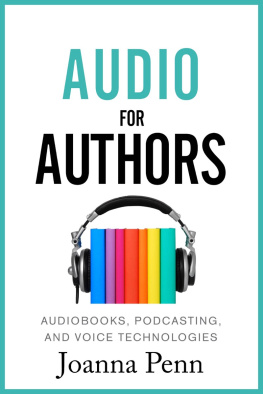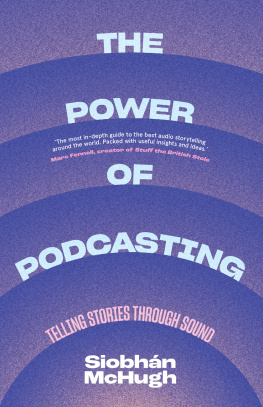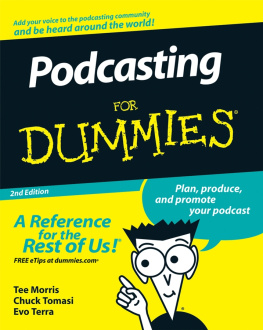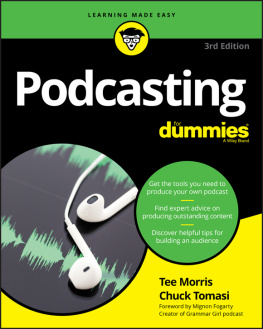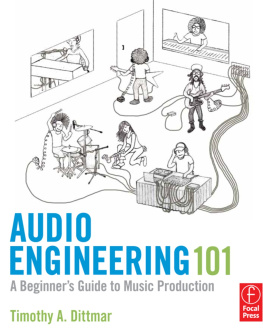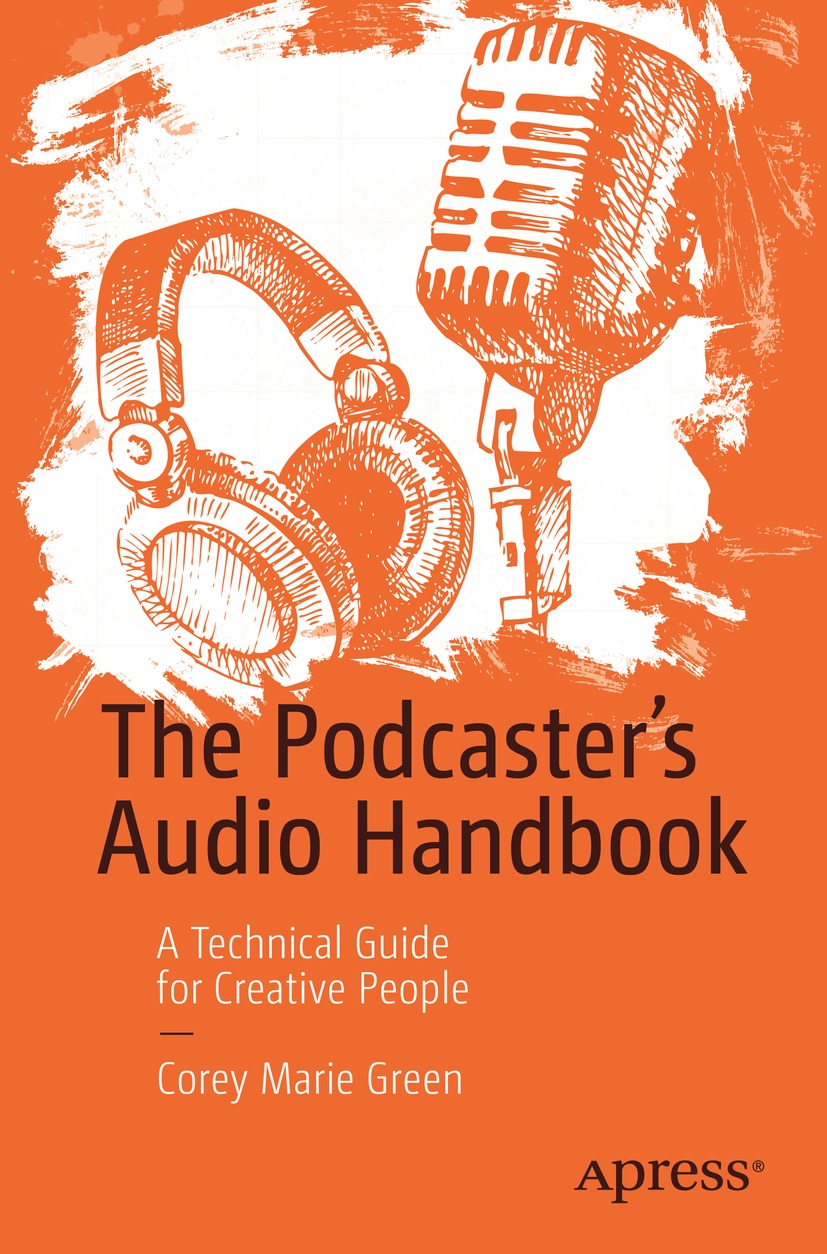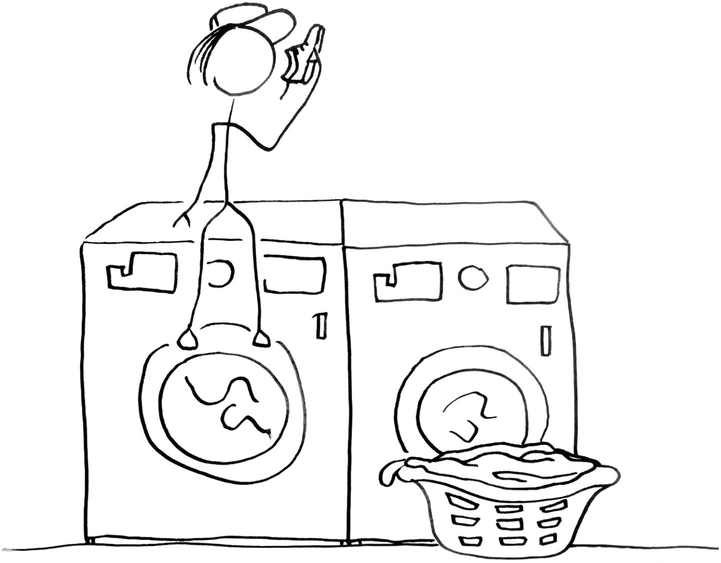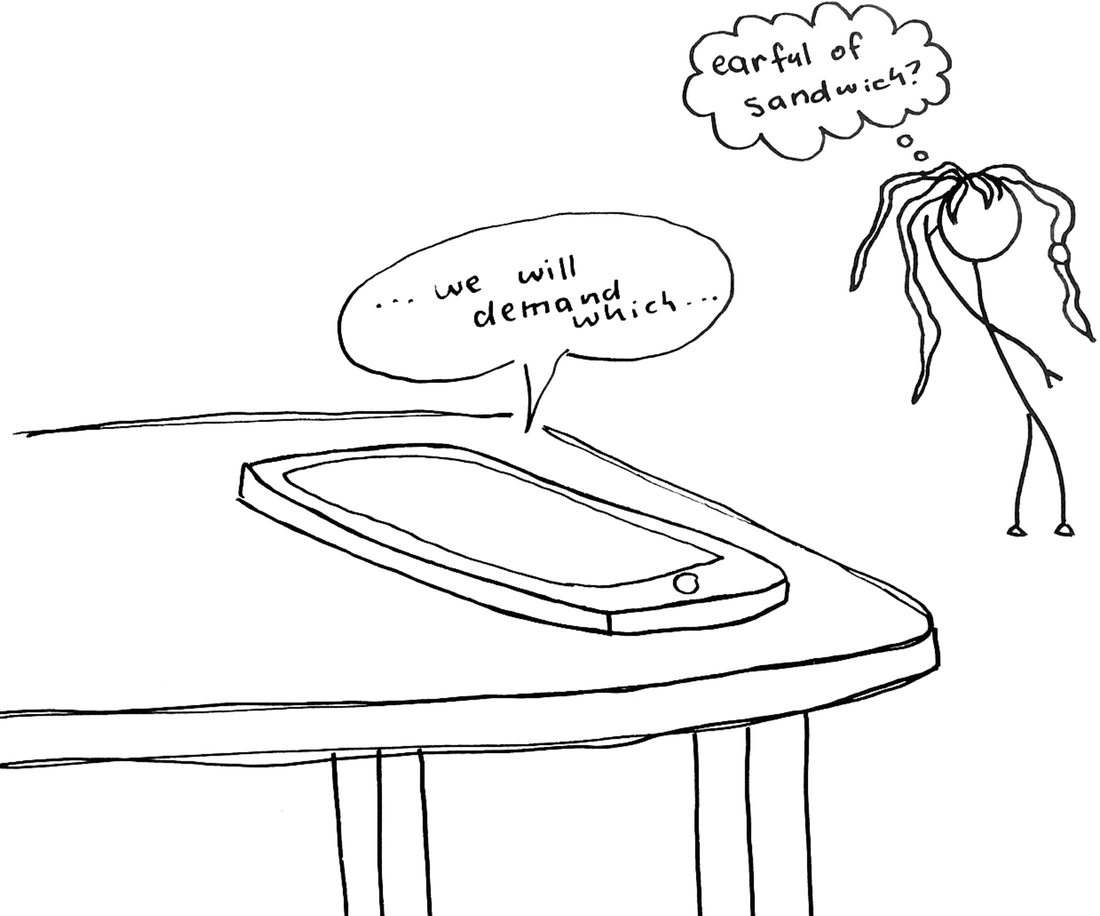Corey Marie Green
Brunswick West, Australia
ISBN 978-1-4842-7360-9 e-ISBN 978-1-4842-7361-6
https://doi.org/10.1007/978-1-4842-7361-6
Corey Marie Green 2021
This work is subject to copyright. All rights are solely and exclusively licensed by the Publisher, whether the whole or part of the material is concerned, specifically the rights of translation, reprinting, reuse of illustrations, recitation, broadcasting, reproduction on microfilms or in any other physical way, and transmission or information storage and retrieval, electronic adaptation, computer software, or by similar or dissimilar methodology now known or hereafter developed.
The use of general descriptive names, registered names, trademarks, service marks, etc. in this publication does not imply, even in the absence of a specific statement, that such names are exempt from the relevant protective laws and regulations and therefore free for general use.
The publisher, the authors and the editors are safe to assume that the advice and information in this book are believed to be true and accurate at the date of publication. Neither the publisher nor the authors or the editors give a warranty, expressed or implied, with respect to the material contained herein or for any errors or omissions that may have been made. The publisher remains neutral with regard to jurisdictional claims in published maps and institutional affiliations.
This Apress imprint is published by the registered company APress Media, LLC part of Springer Nature.
The registered company address is: 1 New York Plaza, New York, NY 10004, U.S.A.
Preface
UK comedian Deborah Frances-White was about to quit comedy due to the grind of dealing with sexism in the industry. Instead, she decided to start a podcast: The Guilty Feminist. When she shared her experiences, she found a community of like-minded people and created a much-needed space for diverse comedians.
The audio quality of your podcast is important, because your podcast is important. Most podcasters start out because theyre passionate about a topic and want to share that passion with other people. Your podcast might make people laugh, teach them a new skill, or inform them about an important issue. Podcasts are an excellent way to build community. However, poor-quality audio can be an impediment to reaching your audience.
The Importance of Audio Quality
Audio quality sends a message to your listeners about how much you value your ideas. And its not just your ideas: if you invite a guest onto your podcast, you will want to give them the best platform possible. If you value your work, then it will encourage others to do the same.
Good-quality audio is not just an extra, its an accessibility issue. Improving your audio quality will make your work available to a much wider audience.
You should also consider that the audio you release into the world might not reach your listeners in the same state as you sent it. Even if your initial recording sounds OK, a podcast that has been played through a streaming service undergoes processing. On top of that, you have no control over the equipment your listeners are using or the circumstances in which theyre listening. You do have control over the recording and editing process.
You cant stop a member of your audience from listening to your podcast in a laundromat out of an old shoe, but you can release a podcast with high-quality audio
High-Quality Audio Is Accessible Audio
Maximizing your audio quality makes your podcast accessible to a wider range of people. When creating a podcast, you should consider who your audience might be and what needs they have. Low-quality audio could make it impossible for certain people to access your work.
People who are hard of hearing particularly need a podcast to be clear. This might be a specific consideration if you expect your audience to be older or to be made up of people who frequent rock concerts.
Another thing to consider is that you or an interviewee might have difficulty speaking. Alternatively, you could be speaking with an accent that is different to your listeners. Its incredibly important to include a diversity of voices in the media, and independent media such as podcasts often take up this work. In this instance, a high-quality recording will be helpful for the listener.
Your listeners attention may be divided between your podcast and another task. In 2019, Edison Research surveyed podcast listeners in the United States and found that 59% of respondents had listened to a podcast while doing chores. You may be competing for your listeners attention with the task of removing mold from between bathroom tiles. You will know from your own experience that it takes your full attention to be able to understand poor-quality audio. You want to make it easy for your listener to be able to concentrate on both tasks.
Often people listen to podcasts in noisy environments: on the train, while driving a car, or while working. Audio that has inconsistent volume levels is impossible to listen to in these circumstances.
Your listener might be using poor-quality equipment, or they might have a poor Internet connection. Its not uncommon for people to listen to a podcast using low-quality earbuds or out of the tinny speaker of their smartphone.
Podcasts are often played through the speaker of a smartphone. This can significantly reduce audio quality
I have prepared an audio file so you can appreciate how much audio quality can degrade between your original work and the final playback. In this case, I have uploaded the file to the Internet, streamed it through Apple Podcasts, and played it back through the speakers of my smartphone on my parents porch (Audio 0-1).
Audio 0-1 How your podcast might sound when played through the speakers of a smartphone in a noisy environment
You can hear quite a difference between the quality of the audio at the beginning of the file and the quality at the end. The words I am speaking are still clear at the end of the file, but only because the original recording was of a high quality.
If you do everything you can to maintain the quality of your audio files through the recording and editing process, youll be making your podcast accessible to the widest audience.
Maximizing Audio Quality to Compensate for Challenging Conditions
One of the great things about podcasting is that if you live somewhere with an Internet connection, theres a low barrier to entry. That does not mean that podcasts are created on an even playing field.
Sometimes your recording environment can be quite noisy, or you might have to work with low-end equipment. You might need to conduct an interview over the phone or the Internet, which is convenient but can compromise audio quality. It is at these times that it is particularly important to understand audio engineering techniques.

